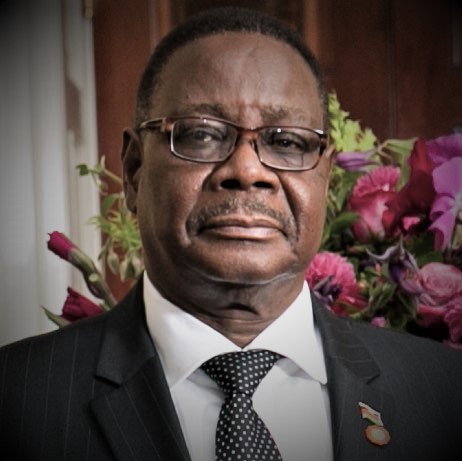
“Malawi is a nation in darkness. We are tired of blackouts and gensets excuses. We give you, Your Excellency Sir, 85 days to address the electricity blackouts problem,” read a petition presented to President Peter Mutharika.
According to the Nyasa Times, a group of civil society organisations underlined that even with new back-up diesel generators which were to improve the situation this year, Malawi continues to experience power cuts.
Media quoted research which highlights that there is a strong link between human development and per capita electricity consumption. Read more: IPP issues tender for 40MW solar power plant
Malawi is said to have the world’s lowest electricity consumption levels and its human development index of 0.418 is far below the sub-Saharan regional average, ranking 170 out of 187 countries in the world.
Electricity tariffs review
On the other hand, state electricity companies Egenco and Escom are reportedly saying private sector refuses to venture into the power business unless government increases the tariffs from the current K73 per kWh ($0.10) to K250 ($0.34) per kWh.
“Egenco and Escom can sell the electricity at a loss because they are government entities, when they make losses, the government comes in to bail them out, this cannot be the same with us,” said one of the private sector investors.
Robert Mkwezalamba from the Human Rights Consultative Committee urged for the government to take a loan from donors to deal with the electricity problems.
“As a government, they can take a loan from our developing partners to revamp the whole power system,” said Mkwezalamba.
Meanwhile, US ambassador to Malawi Virginia Palmer said Malawi needs heavy investment in the energy sector to address the problem of power problems.
The US diplomat said the $350 million five year Millenium Challenge Compact funded by the US government, was designed to improve power distribution but urged the government to raise power tariffs.
“Right now, all the electricity that is being produced is being sold for less than it costs to make it and Escom is losing money,” said Palmer.
(Source: https://www.esi-africa.com/malawian-president-given-85-days-to-end-electricity-blackouts/)
